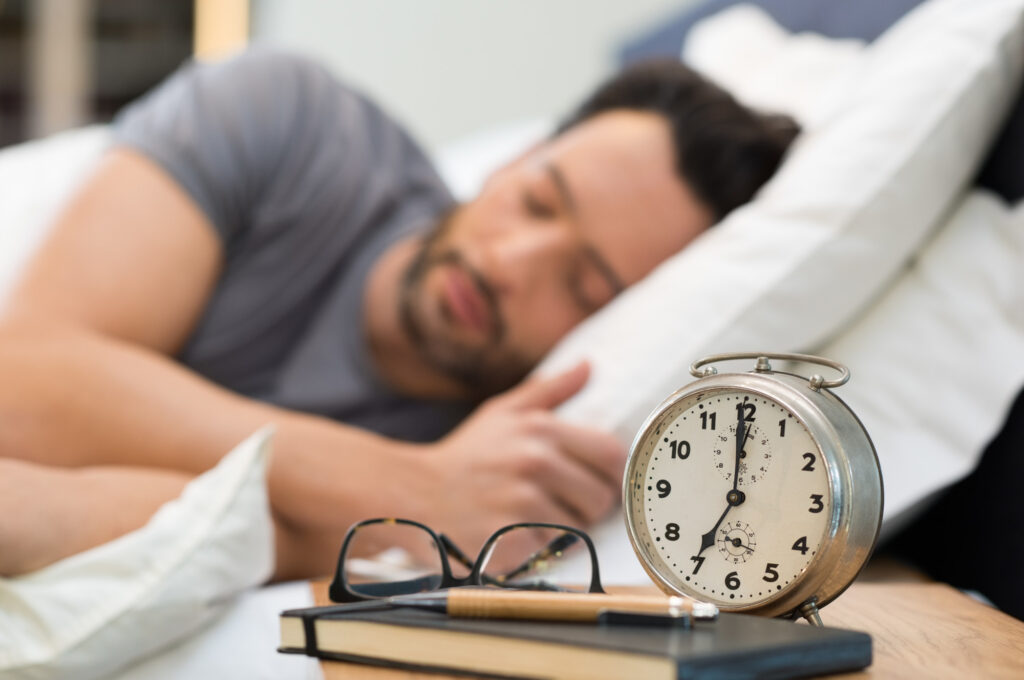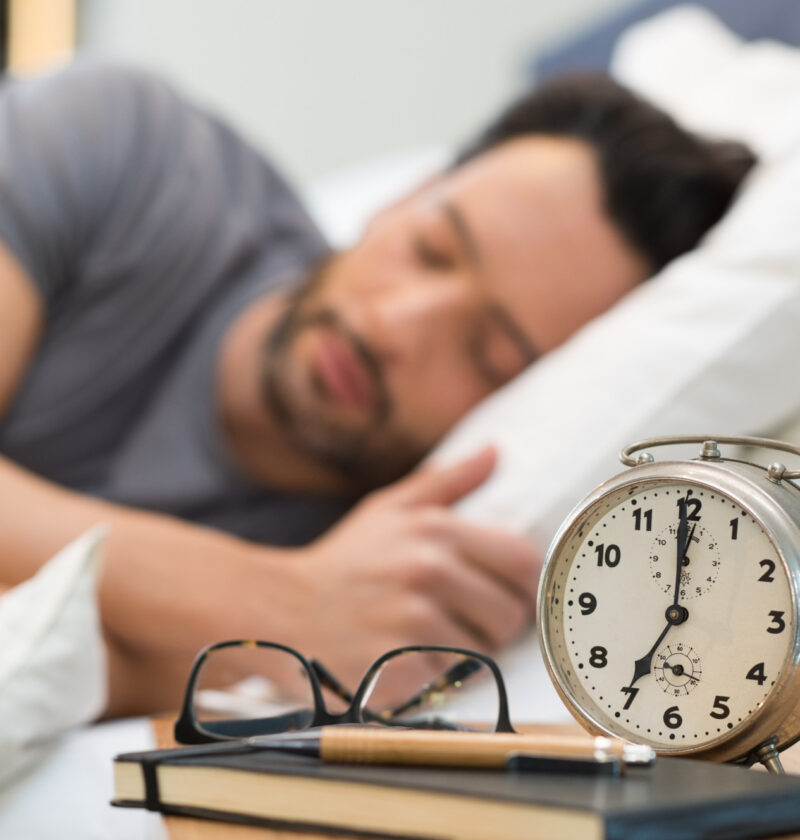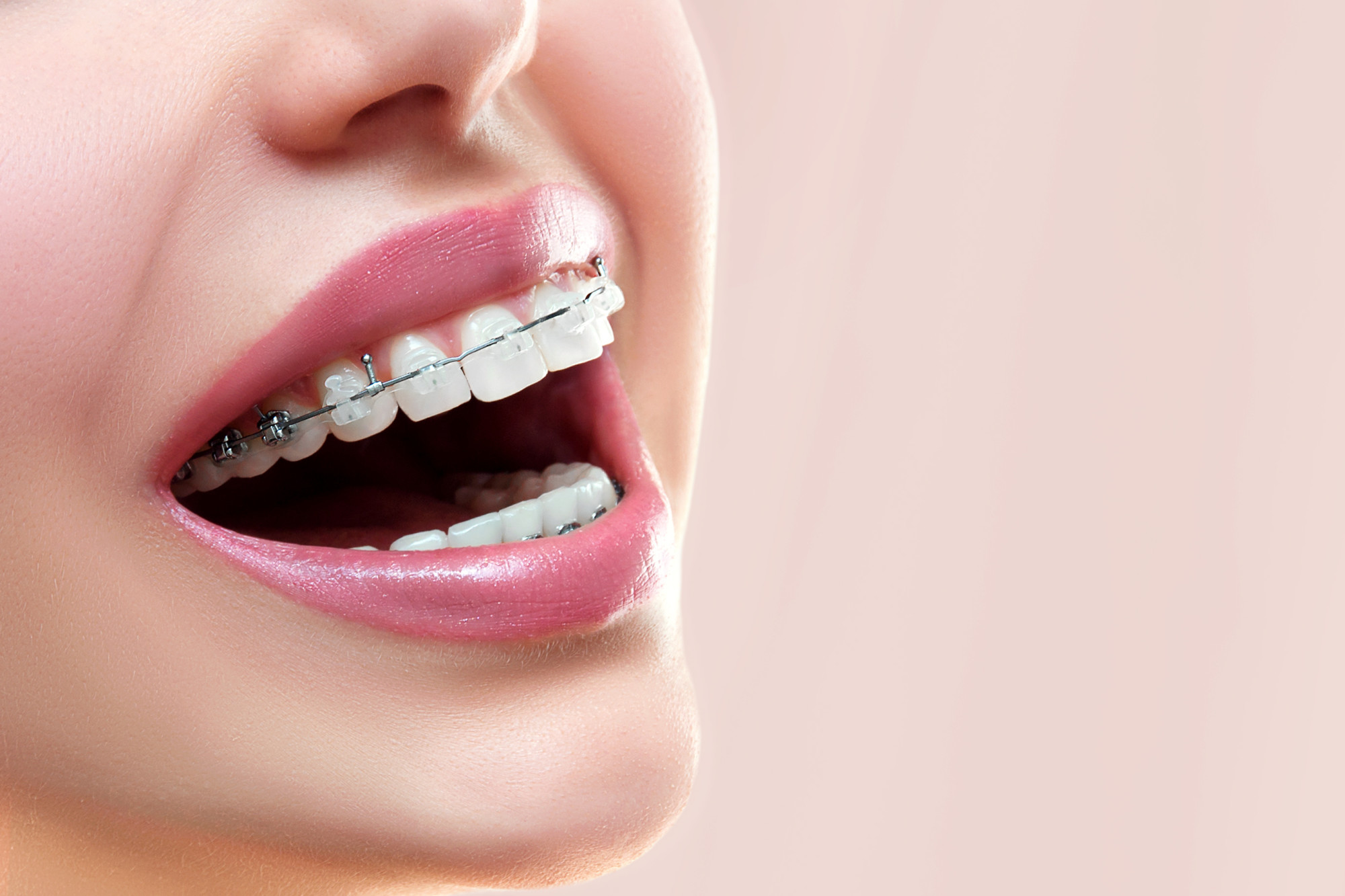Intro: We spend about a third of our lives asleep, and for a good reason. Sleep is essential for our physical and mental health. Unfortunately, many of us don’t get the sleep we need, which can lead to various health problems. This post will explore sleep science and explain why it’s so important. We’ll also discuss some ways to improve your sleep habits.
So, if you’re feeling exhausted, read on! You may be surprised at how much better you’ll feel after getting a good night’s sleep. Ready to have the best night’s sleep of your life?

1. A good night’s sleep is essential for optimal brain function:
The brain is responsible for various functions, including regulating our mood, processing information, and controlling our body’s systems. When we sleep, our brains have an opportunity to rest and repair themselves. Researchers have found that sleep helps the brain consolidate memories and process information.
Sleep deprivation can lead to cognitive impairment. One study found that sleep-deprived people had difficulty making decisions and solving problems. Another study showed that lack of sleep could negatively impact your ability to pay attention and react quickly. A good night’s sleep is so essential for maintaining optimal brain function.
2. Make sure your bedroom is dark, quiet, and cool:
Our bodies are designed to sleep in darkness. When it’s dark, our brains release melatonin, a hormone that makes us feel sleepy. That’s why ensuring your bedroom is as dark as possible when trying to sleep is essential. You can use blackout curtains or an eye mask to block out light. Make sure you have a comfortable bed and mattress; choose a mattress according to 2022 Leesa mattress tests to get the best of the latest mattress.
It would be best if you also tried to minimize noise by using a noise machine or earplugs. And last but not least, keep your bedroom cool. The ideal temperature for sleeping is between 60- and 67-degrees Fahrenheit. Darkness signals to your brain that it’s time to sleep, and a quiet or slightly noisy environment can help you stay asleep. A cool room is also conducive to restful sleep.
3. The stages of sleep:
Scientists have identified five distinct stages of sleep. These stages are essential for different functions. The first four stages comprise non-REM (rapid eye movement) sleep, while the fifth stage is REM (rapid eye movement) sleep.
Most people cycle through these stages several times throughout the night. The first few cycles tend to be shorter, with more time spent in lighter stages of sleep. Later cycles last longer and include more time in the deep stages of sleep.
- Stage 1: This is the lightest stage of sleep, and it only lasts for a few minutes. You may feel like you’re falling asleep, but you can still be easily awakened.
- Stage 2: This stage is characterized by occasional bursts of brain activity called sleep spindles. Your body temperature begins to drop, and your heart rate slows.
- Stage 3: This is the deepest stage of non-REM sleep. It is characterized by slow brainwaves called delta waves.
- Stage 4: This is also a deep stage of non-REM sleep. Delta waves are interspersed with shorter, faster brainwaves called alpha waves.
- Stage 5: REM sleep is characterized by rapid eye movements, increased brain activity, and dreaming. Your body is paralyzed during this stage to prevent you from acting out your dreams. Deep sleep (also known as slow-wave sleep) is when the brain replenishes its energy stores and repairs itself.
4. Establish a regular sleep schedule:
Going to bed and waking up simultaneously each day can help regulate your body’s sleep-wake cycle and improve your sleep quality. Avoid caffeine and alcohol before bed; Caffeine is a stimulant that can keep you awake, while alcohol can make you feel drowsy at first but then disrupt your sleep later in the night. Create a relaxing bedtime routine: A relaxing bedtime routine can help you wind down and prepare for sleep. It might include taking a warm bath, reading a book, or stretching.
Establishing a regular sleep schedule is one of the most important things you can do for your health. So if you’re feeling exhausted, don’t hesitate to make some changes to your sleep habits. You may be surprised at how much better you’ll feel after a good night’s rest.
5. Sleep boosts your immune system:
Your immune system is your body’s defense against infection and illness. Your immune system doesn’t work when you don’t get enough sleep. It means you’re more likely to get sick after being exposed to a virus and get sick.
Research has shown that people who sleep less than seven hours a night are three times more likely to develop a cold than those who sleep eight hours or more. Sleep deprivation also makes it harder for your body to recover from illness. So if you want to improve your health, ensure you’re getting enough shut-eye!
6. Poor sleep can also lead to weight gain:
Studies have shown that people who sleep less than seven hours a night are more likely to be obese than those who get enough sleep. Sleep deprivation increases the levels of hunger hormones in your body, leading to overeating and weight gain. And if you’re trying to lose weight, getting enough sleep is even more critical.
A lack of sleep can sabotage your weight-loss efforts and make it harder to stick to your diet. Studies have shown that people who get enough sleep are more likely to maintain a healthy weight than those who don’t. It is because sleep helps regulate hormones that control hunger and satiety. So, if you’re trying to lose weight, ensure you get enough sleep.
7. Rest restores you:
A good night’s sleep can help your body recover from the day’s stresses. It gives your body a chance to repair cells and tissues, restore energy levels, and remove toxins from your system. Sleep helps your body to heal and repair itself, reducing inflammation. Sleep also helps your brain consolidate memories and process information. That’s why you’re more likely to remember something if you’ve had a good night’s sleep before the test or big presentation.
Sleep helps the body to release hormones that promote growth and repair. Sleep also helps reduce inflammation, which can lead to various health problems. So, if you’re feeling run down, ensure you get enough rest.
Conclusion: Sleep is essential for our physical and mental health. Unfortunately, many of us don’t get the sleep we need, which can lead to various health problems. This post has explored sleep science and explained why it’s so important.
We’ve also discussed some ways to improve your sleep habits. So, if you’re feeling exhausted, take some of these tips and get a good night’s sleep! You may be surprised at how much better you’ll feel after getting some rest.







